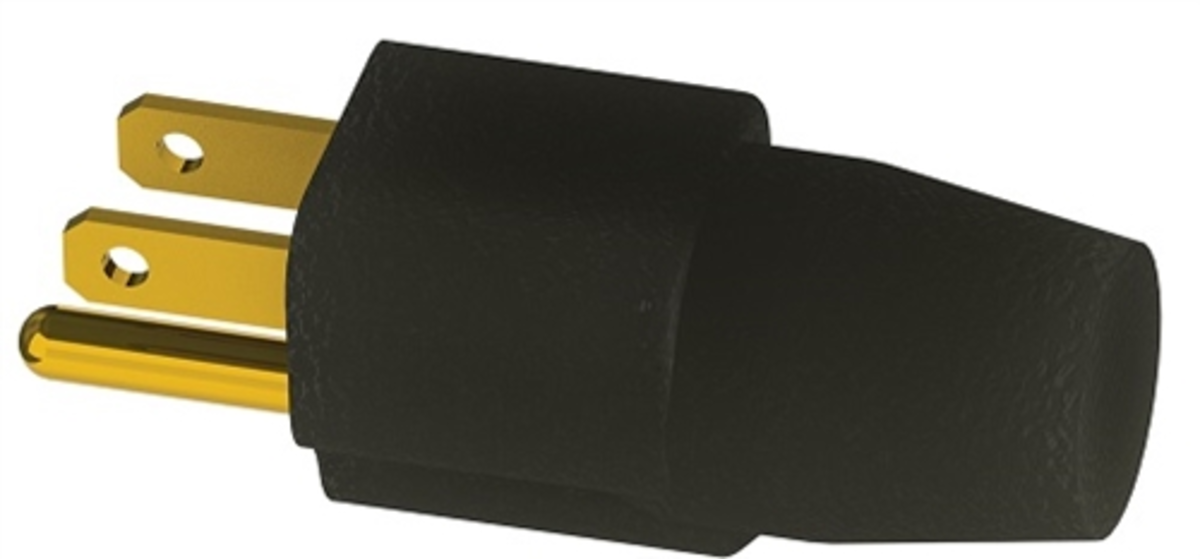ptonsparky
Tom
- Occupation
- EC - retired
Just like it does in Kwires example.The current will be flowing on the 10 awg white wire and/or the 10 awg green wire in the generator cord and not much else. Once it reaches the MBJ, current flow in the rest of the house will be normal.
Sure it works, but should you?


